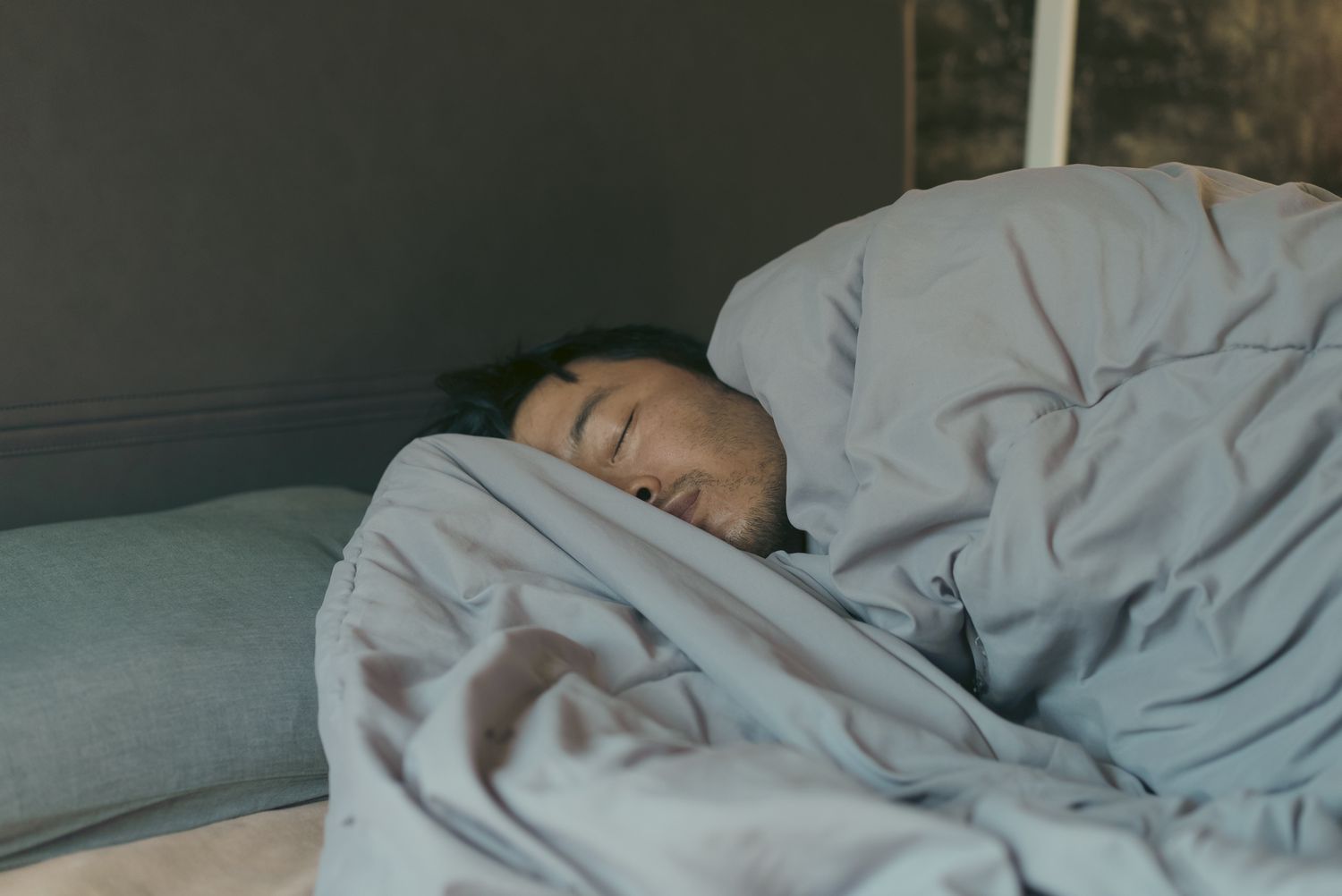Inadequate Sleep Linked to Increased Diabetes Risk, Despite Healthy Diet

A recent study suggests that lack of sufficient sleep could increase your risk of type 2 diabetes.
The researchers discovered a higher likelihood of developing this disease in people who sleep less than six hours. Interestingly, even maintaining a healthy diet did not mitigate this risk.
Published in JAMA Network Open, this study strengthens the growing evidence that adequate sleep plays a vital role in preventing type 2 diabetes.
Type 2 diabetes is a chronic disease that occurs when your body does not produce enough insulin or fails to use it correctly. Insulin aids in the movement of blood sugar into the body's cells for energy. When there's an insulin deficit, blood sugar levels increase over time, leading to type 2 diabetes.
Diana Aline Nôga, PhD, a neuroscientist at Uppsala University in Sweden and author of the study, indicated in Health that prior research, including cohort and experimental studies, has shown a connection between recurrent short sleep duration and increased risk of type 2 diabetes.
She added that her study shows the link between sleep deprivation and type 2 diabetes remains even amongst individuals with dietary health consciousness.
The significance of sleep, though often overlooked, is now acknowledged thanks to studies like this, asserted Jing Wang, MD, clinical director of the Mount Sinai Integrative Sleep Center and associate professor of medicine at the Icahn School of Medicine at Mount Sinai.
Information from the UK Biobank, a comprehensive biomedical database, was used for this study. It included data on 247,000 participants collected from 2006 to 2010.
The researchers classified participants based on sleeping duration: seven to eight, six, five, or three to four hours per day. They also studied the dietary patterns of the participants and rated their diets from zero (unhealthiest) to five (healthiest), considering their consumption of red or processed meats, fruits, vegetables, and fish.
The team monitored participants for about 12.5 years to investigate the connection between inadequate sleep, diet, and type 2 diabetes development.
According to Nôga, the analysis took into account potential influencing factors such as age, sex, socioeconomic status, and frequency of insomnia symptoms.
The study, however, found no correlation between a healthy diet and decreased type 2 diabetes risk in those sleeping less than six hours a day.
Experts believe this study stresses that proper health management involves more than just diet and exercise.
Health professional Nancy Foldvary-Schaefer, DO, MS, in Health, explained that comprehensive health and wellness are derived from balanced sleep, diet, and exercise. A deficiency in sleep quality or quantity cannot be compensated for by diet and exercise alone.
Despite multiple studies linking sleep deprivation to type 2 diabetes, Nôga noted that current evidence is not sufficient to definitively state that sleep deprivation causes the disease.
The researchers acknowledged limitations in their study, such as the inclusion of only white participants and failure to examine how specific diet plans influence type 2 diabetes risk.
Besides type 2 diabetes, various other health issues are associated with poor sleep.
Foldvary-Schaefer noted that sleep deprivation can lead to decreased daytime productivity, underperformance in academics, workplace conflicts, mental health issues, and motor vehicle accidents. Conditions such as cardiovascular disease, diabetes, obesity, and central nervous system disorders are also associated with poor sleep.
She added that while some individuals believe they can function optimally with insufficient sleep, only 1 to 2% of the population has a genetic predisposition to require less sleep.
Up to a third of adults in the U.S. continue to struggle with inadequate sleep despite its links to multiple health problems, Foldvary-Schaefer pointed out.
Completing seven to nine hours of sleep per night is advisable for most adults, but individual circumstances may require different sleep durations, she concluded.
If you think you’re getting enough sleep but still don’t feel well-rested, Wang recommends speaking to a healthcare provider about what may be causing your symptoms. “If you sleep nine hours, but you have really bad obstructive sleep apnea, you may still feel tired,” Wang said. “There are several nuances.”
Given sleep’s importance in overall health, she suggests immediately establishing a healthy sleep routine if you don’t currently have one.
“Sleep serves key functions in restoring our bodies and brains from a day of wakefulness and work,” added Foldvary-Schaefer. “It effectively resets every cell in every organ of our bodies and brains.”




